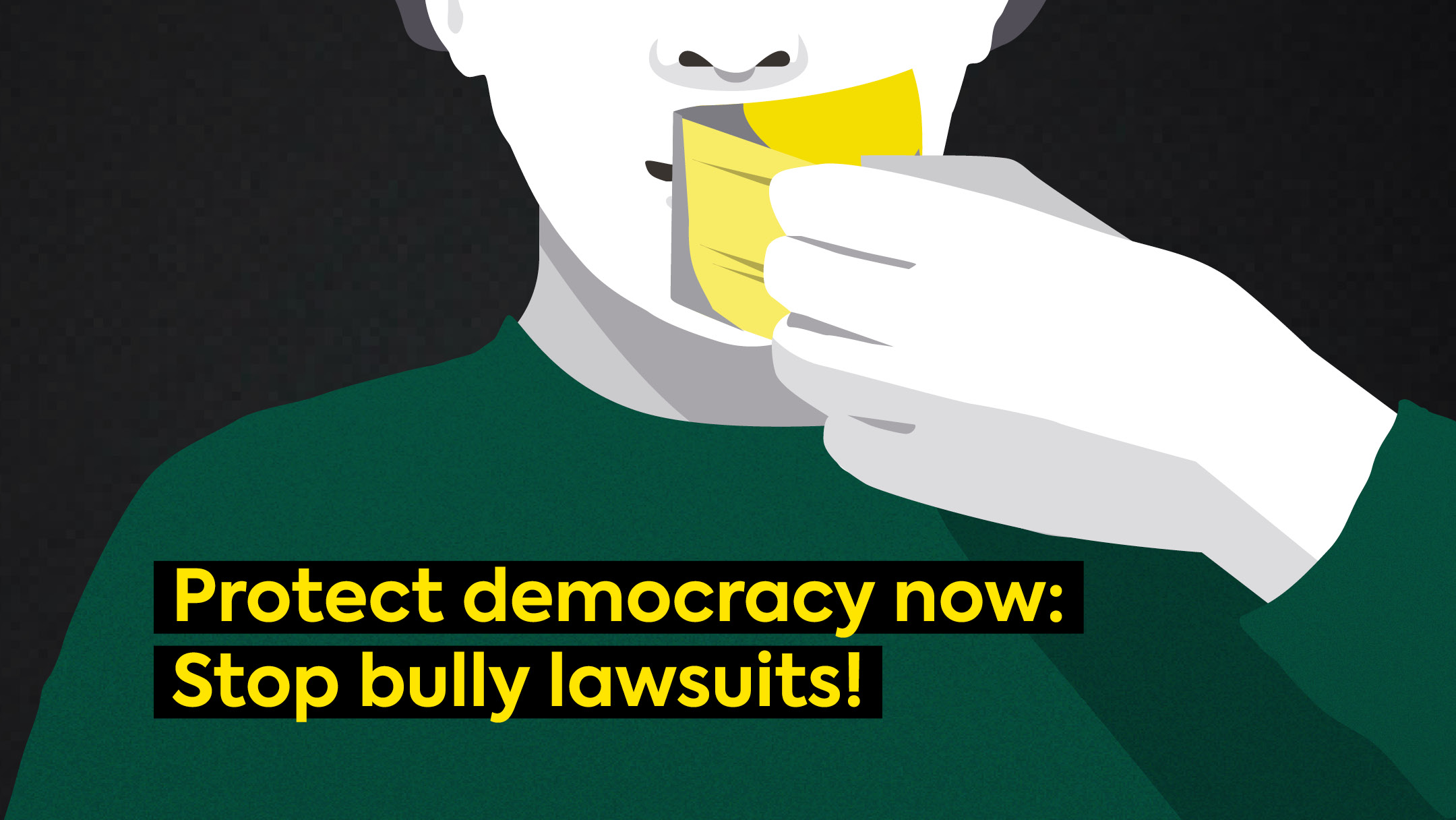Strategic Lawsuits Against Public Participation (SLAPPs) are increasing across Europe, a report released today by the Coalition Against SLAPPs in Europe (CASE) shows. The report, Shutting Out Criticism: How SLAPPs Threaten European Democracy, is based on over 500 SLAPP cases from 30 countries across Europe. More on CASE https://www.the-case.eu/
The study shows that:
- SLAPPs are a pan-European phenomenon that needs to be tackled regionally and coherently, addressing both domestic and cross-border cases;
- what distinguishes a SLAPP is that the plaintiff’s aim is to shut down the actions or words of their target;
- the common factor in all SLAPP cases is the abuse of existing laws to intimidate and harass those who speak out and actively participate in the civic space – journalists, whistleblowers, activists, advocacy groups, academics, and other public watchdogs;
- the number of SLAPP cases across Europe is increasing year on year, with the highest number recorded in 2021, followed by 2020 and 2019;
- SLAPP cases are filed in countries with strong democracies as well as those with critical rule of law concerns;
- SLAPPs affect multiple sectors ranging from the environment to education and anti-corruption advocacy;
- The highest number of cases per capita were those filed in Malta;
- Daphne Caruana Galizia was the most frequently targeted individual;
’The EU anti-SLAPP Directive should ensure that SLAPP claims are dismissed at an early stage of proceedings to avoid them dragging on for years, thus preventing their harmful effects. Also, SLAPP victims should get help to defend themselves in court and better protect and support those who are most vulnerable to this abuse’, Balazs Denes executive director at Civil Liberties Union For Europe, a member of CASE, said.
More on SLAPPs
Policy paper: SLAPP model directive
SLAPPs In Europe: How The EU Can Protect Watchdogs From Abusive Lawsuits
Podcast: The Legacy Of Daphne Caruana Galizia & What The EU Should Do To Protect Journalists, NGOs


























